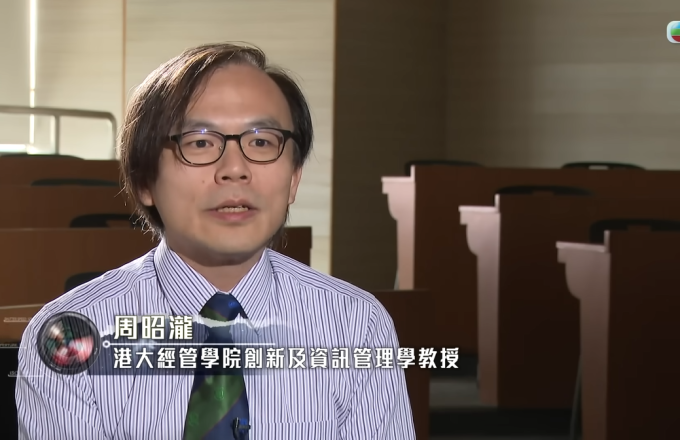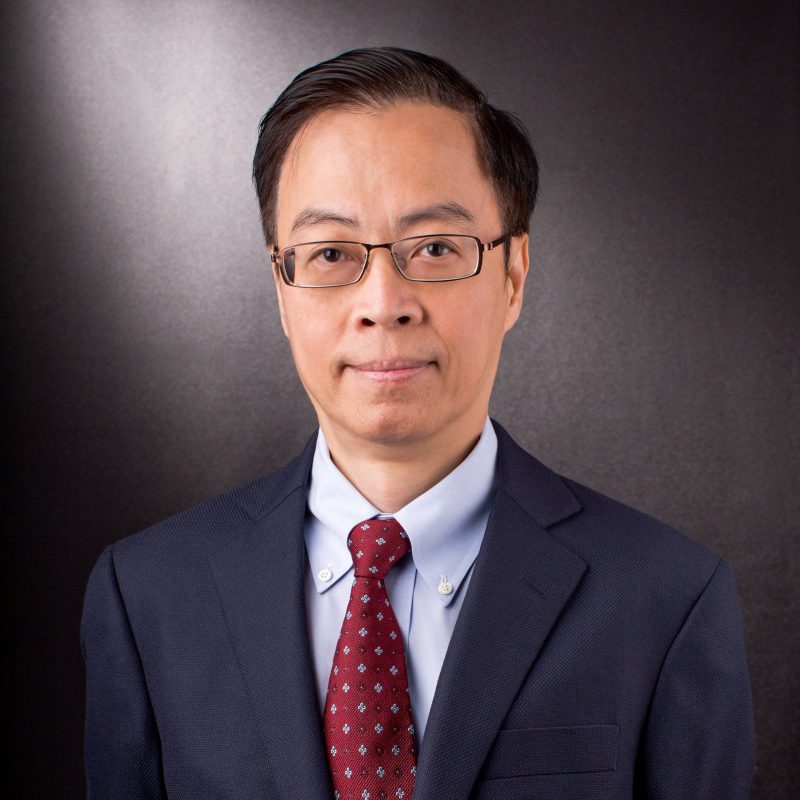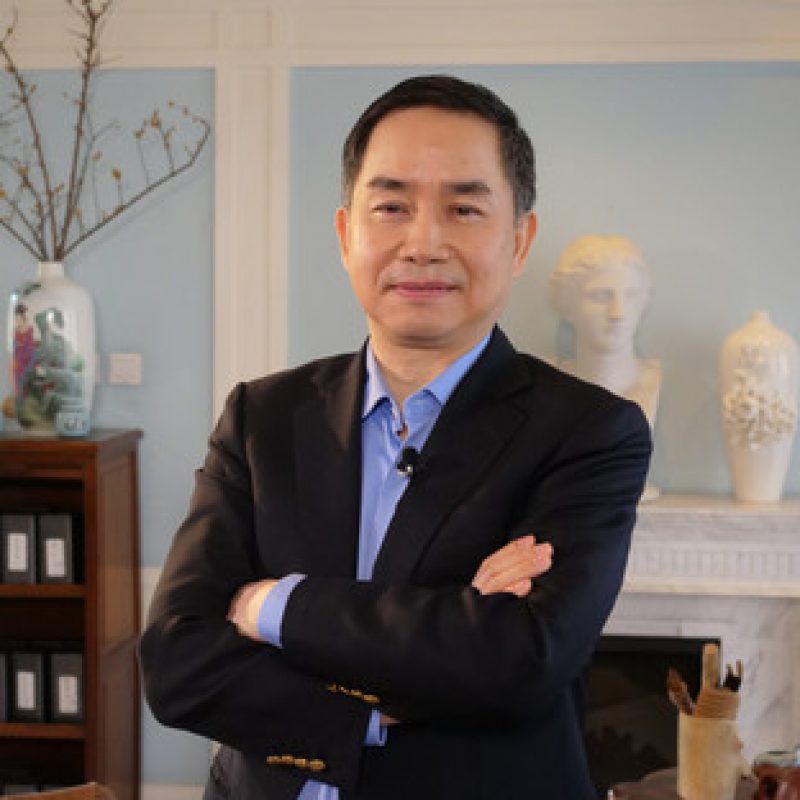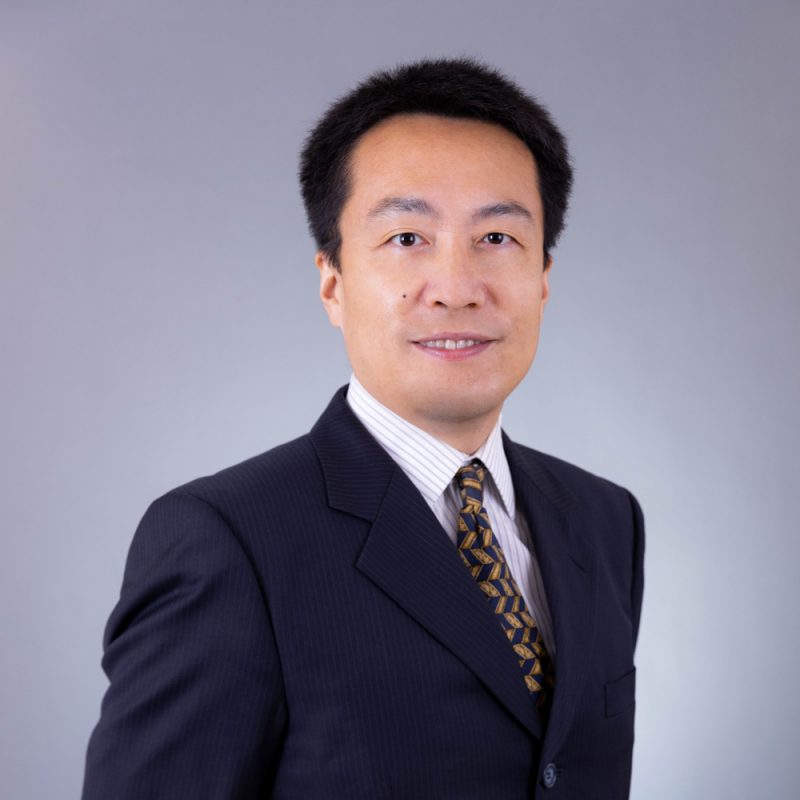In the era of online shopping, the so-called "no discounts for old customers or dogs" policy often leaves loyal consumers feeling helpless. Many e-commerce platforms implement a "one person, one price" strategy, and even tailor prices based on users' purchasing habits and browsing histories, causing different consumers to pay different prices for the same product. In addition, airline ticket prices fluctuate constantly, with the phenomenon of "the more you search, the more expensive it gets" becoming the norm.
3 Jul 2025
In recent years, the global financial markets have been turbulent, with Bitcoin’s price fluctuations resembling a rollercoaster—attracting investors in pursuit of high returns. However, in this vast digital ocean, most enterprises and investors are not seeking adventure, but rather a safe haven for investment.
2 Jul 2025
Faculty
Artificial intelligence (AI) is rapidly becoming a core technology for optimizing efficiency and driving innovation, with wide applications in fields such as healthcare, business operations, and public safety. However, like the other side of a coin, it also provides opportunities for criminals. As AI technology becomes increasingly sophisticated, criminal organizations are using it for hacking attacks, fraud, video forgery for extortion, and the spread of misinformation, making it difficult for people to defend against such threats.
25 Jun 2025
Faculty
After the Second World War, London underwent a profound transformation from a global trading port to an offshore financial center. In 1964, London ranked among the top three ports in Europe, handling as much as 61.3 million tons of cargo. However, by the 1980s, with the widespread adoption of large ocean-going vessels and container technology, the local enclosed docks were geographically and structurally unable to meet the demands of modern cargo transport. As a result, the volume of goods handled dropped sharply to 25 million tons, causing London’s port to lose its leading position.
18 Jun 2025
Faculty
In today's highly competitive business environment, innovative collaboration has become an important way for companies to gain an advantage. In innovation-driven partnerships, large enterprises often collaborate with small technology firms, integrating the latter's core technologies into their own products to drive product innovation and expand market share. To secure collaboration opportunities, small enterprises also need to demonstrate to potential partners the application potential and market prospects of their technology integration.
13 Jun 2025
"If it lasts more than three or four months, I think many of these small and medium-sized enterprises will not be able to bear it," said Zhiwu Chen, chair professor of finance at the University of Hong Kong.
"This is definitely a bargaining chip for the United States."
12 Jun 2025
Faculty
Van Gogh in the Chip: The Impact of Artificial Intelligence on Creative Processes and the Art Market
In recent years, the explosive development of artificial intelligence (AI) technology has sparked intense discussions and deep anxieties around the world. People are questioning whether AI will replace human jobs and disrupt various industries. As early as 2016, British physicist Stephen Hawking predicted that with the rise of AI, the middle class would inevitably be affected by the trend of job loss, and only positions that require the most care, creativity, and supervision would be preserved.
11 Jun 2025
Faculty
Artificial intelligence is rapidly changing the global job market, with many companies introducing AI into their daily operations to reduce costs and enhance efficiency. However, this has raised concerns that AI may replace humans. A multinational investment bank has even identified Hong Kong as one of the places most affected by AI, estimating that nearly 30% of jobs in the region could be at risk. What impact will AI have on the job market? The World Economic Forum predicts that due to the emergence of new technologies like AI, 92 million existing jobs will be eliminated globally, but at the same time, 170 million new positions will be created. How should the government assist workers in transitioning?
7 Jun 2025
Faculty
Recently, mainland e-commerce giants like Taobao, JD.com, and Pinduoduo have ramped up their efforts to include the Hong Kong market in their free shipping zones. In the past, Hong Kong residents had to use intermediary services to receive their orders, but the newly launched one-stop shopping services are naturally very popular.
4 Jun 2025
Faculty






















